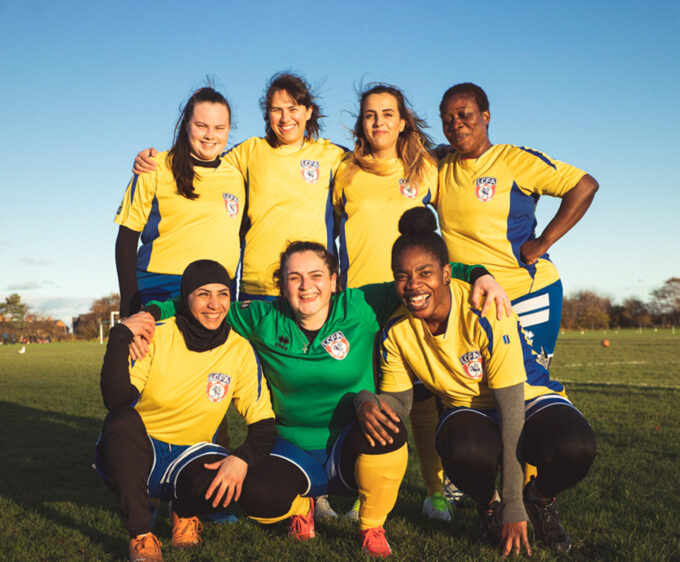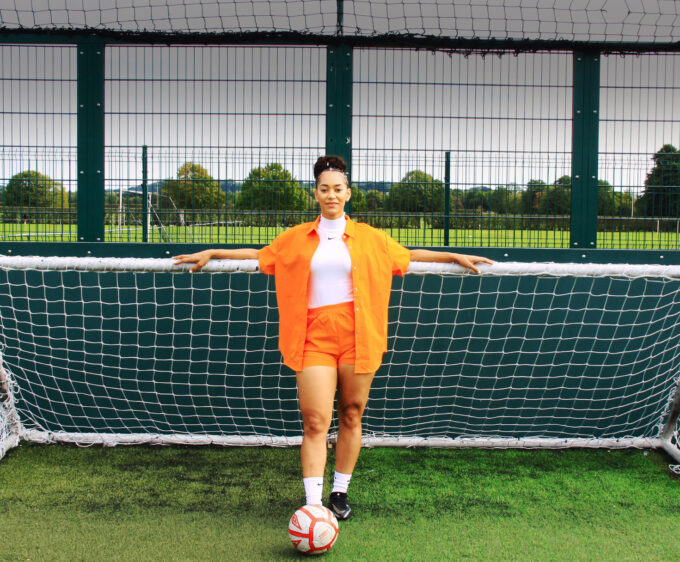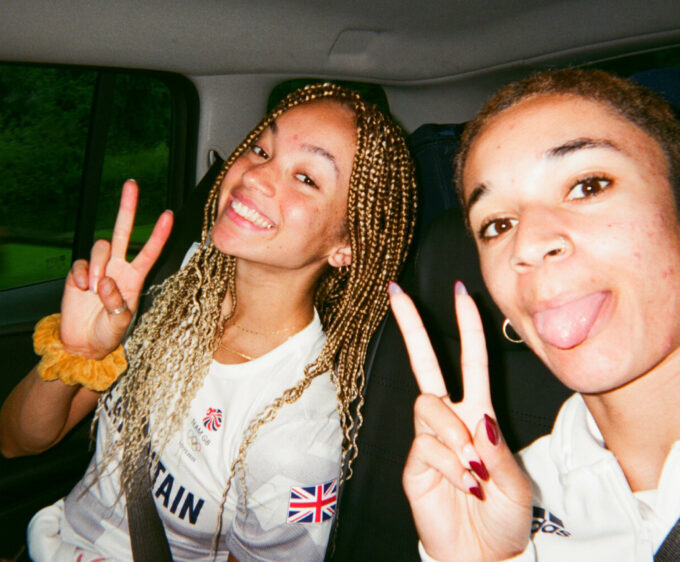
Family Matters
This week, we're taking a deep dive into the subject of family and sport, exploring the fascinating question of whether sporting talent is inherent or nurtured. Here, our editor Alison Root shares her thoughts
By Alison Root
Have you ever watched a sports superstar in action and marvelled at their seemingly superhuman skills? Whether it’s the awe-inspiring athleticism of Dina Asher-Smith or the football skills of Lioness Beth Mead, it’s natural to wonder what factors contribute to such extraordinary sporting ability. This week, we’re focusing on the subject of family and sport, and amongst other stories, we having spoken to sporting siblings and a mother-cum manager to her freestyle footballing daughter to question whether sporting talent is something you are born with, or is it the result of years of training and nurturing? In other words, does nature or nurture play a more significant role in shaping sporting prowess?

This question has long fascinated researchers and enthusiasts alike, sparking intense debates that have spanned generations. The nature versus nurture debate has permeated various fields of study, including sports science. While there is no definitive answer, a closer examination of the available evidence can shed light on this captivating topic.
When we consider the nature aspect of sporting ability, it’s widely acknowledged that genetic factors play a role in determining certain physical attributes, such as height, muscle fibre composition, and cardiovascular capacity, all of which can impact athletic performance. Studies have shown that elite athletes often possess genetic variations that give them an advantage in their chosen sport. For example, researchers have identified specific gene variants associated with endurance performance, muscle strength, and even hand-eye coordination. These genetic predispositions, combined with favourable anatomical characteristics, can provide a head start for individuals in the realm of sports.
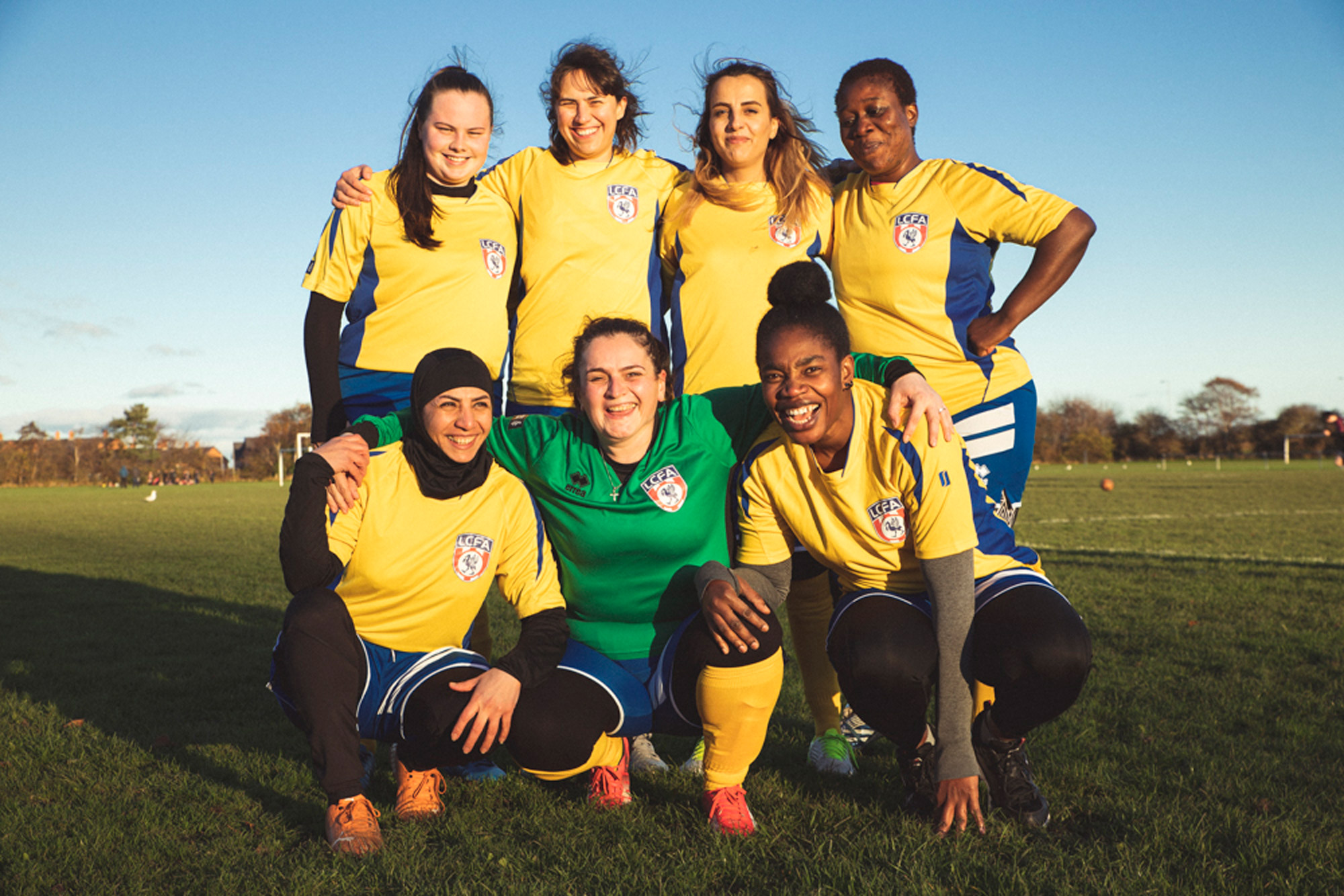
However, it would be a mistake to conclude that nature alone determines sporting ability. The role of nurture, encompassing training, coaching, and environmental factors, cannot be overlooked. It is through deliberate practice, relentless dedication, and expert guidance that athletes unlock their full potential. Anders Ericsson, a renowned psychologist, popularised the concept of deliberate practice, emphasising the importance of purposeful training and continuous improvement. This notion suggests that sporting ability is primarily shaped by the countless hours of deliberate practice devoted to refining skills, honing technique, and building physical fitness. It’s fair to say that the role of nurture applies to Jenny Lynch and the upbringing of her football playing daughter Charlotte. “There are certain innate qualities and passions within us, but it also takes someone to believe in you and invest their time and energy in your development,” says Charlotte.
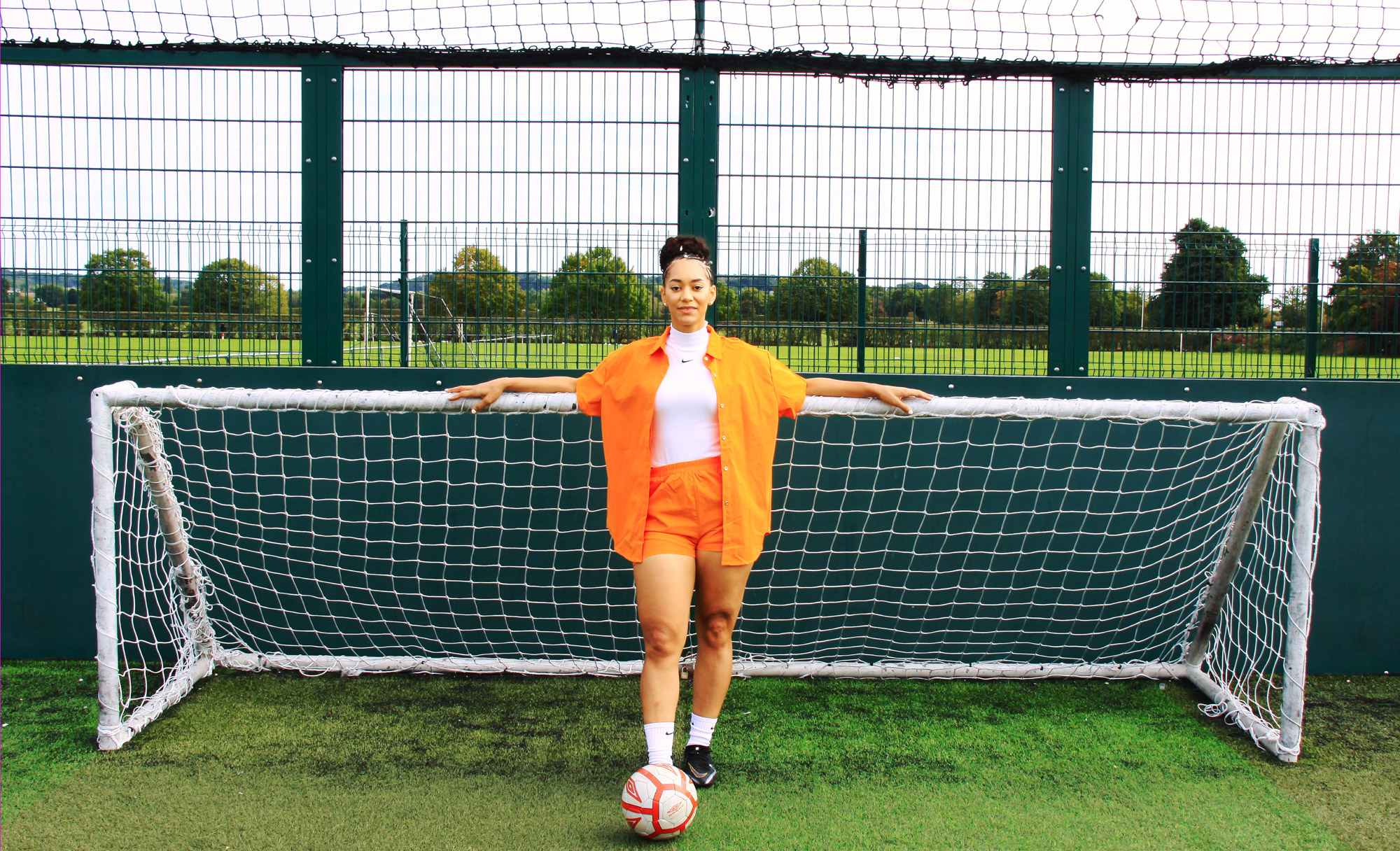
When it comes to siblings, they may excel in different sports or excel to different degrees within the same sport, as their individual genetic makeup and environmental experiences may vary. In our article with sisters Jodie and Hannah Williams, identifying the precise influence of nature versus nurture is challenging as both factors have been intricately intertwined in shaping their athletic careers. Younger sister Hannah followed in Jodie’s footsteps – a case of ‘If you can’t beat them, join them,’ which is a common scenario and one that I can relate to.
For my brother Martin and I, it was definitely a case of nurture over nature. While holidaying in Italy aged 15 and 10 respectively, my brother spent time playing tennis with our dad. A chance meeting with a German tennis coach, who had identified his potential from afar, he suggested to my parents that they join him in a tennis club on our return to the UK. I should add that our parents were not serious tennis players, nor were they familiar with the tennis scene, but with their support and encouragement, this eventually led both of us to compete at a high level.

Another compelling example that highlights the impact of nurture is the rise of the East African dominance in long-distance running. Athletes from countries like Kenya and Ethiopia have consistently excelled in distance running events, winning numerous Olympic and World Championship titles. While some argue that this success stems from a genetic advantage, further scrutiny reveals a culture deeply rooted in running. Children in these regions often grow up running long distances as part of their daily routines, traversing challenging terrains at high altitudes. This early exposure, combined with the socio-cultural significance placed on running, creates an environment that fosters the development of exceptional endurance athletes.
In essence, the question of whether sporting ability is governed by nature or nurture does not lend itself to a simple either-or answer. It is a complex interplay of both factors. Genetic predispositions may provide a foundation for excellence, but it is the nurturing environment, deliberate practice, and expert coaching that allow athletes to reach the pinnacle of their potential.
So, the next time you witness a jaw-dropping display of sporting brilliance, remember that it is the result of a delicate dance.
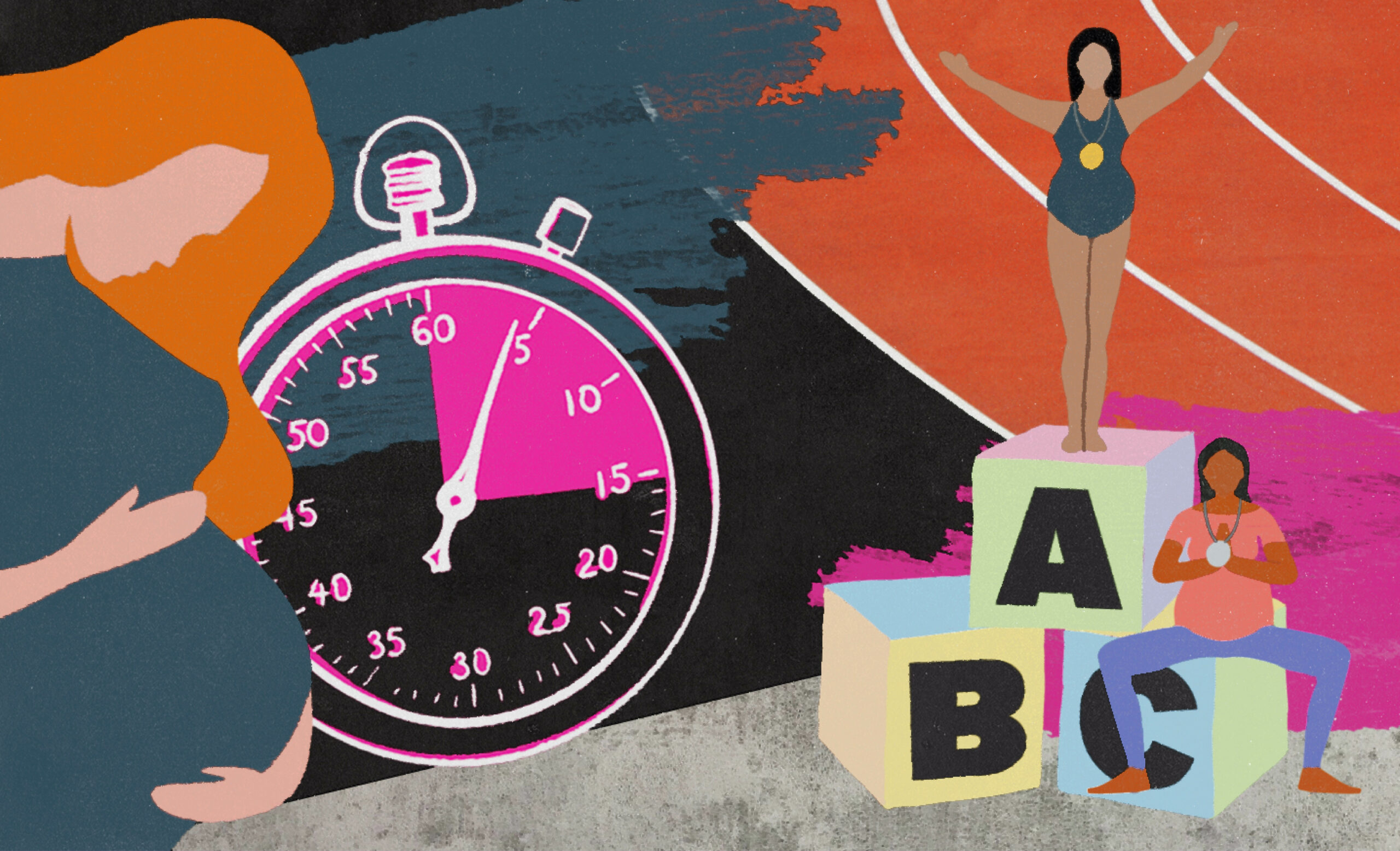
Editorial design this is root
